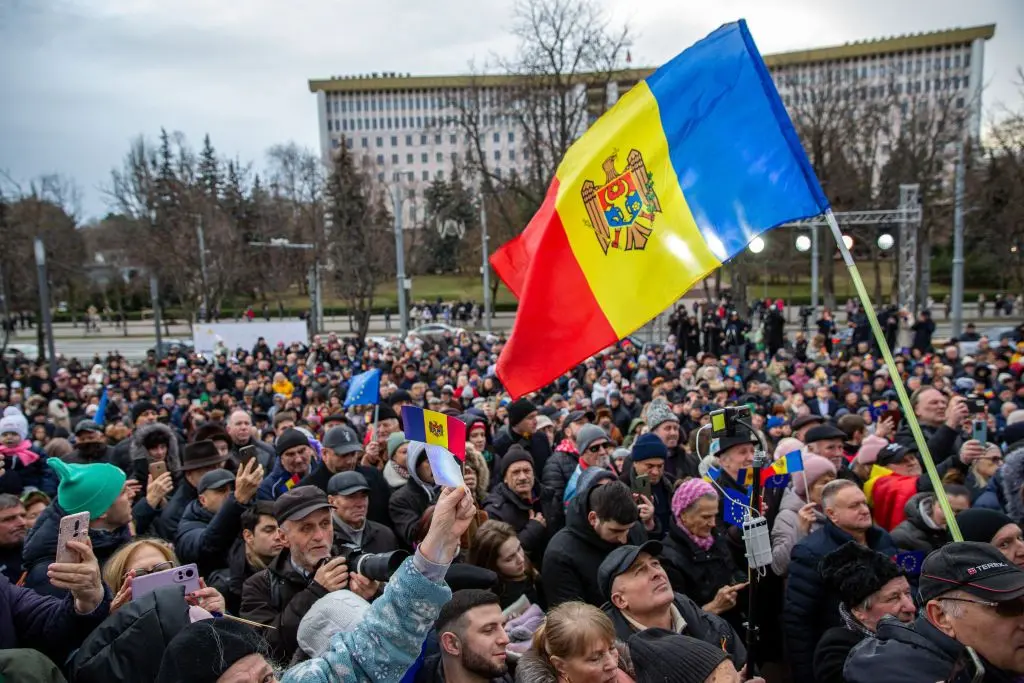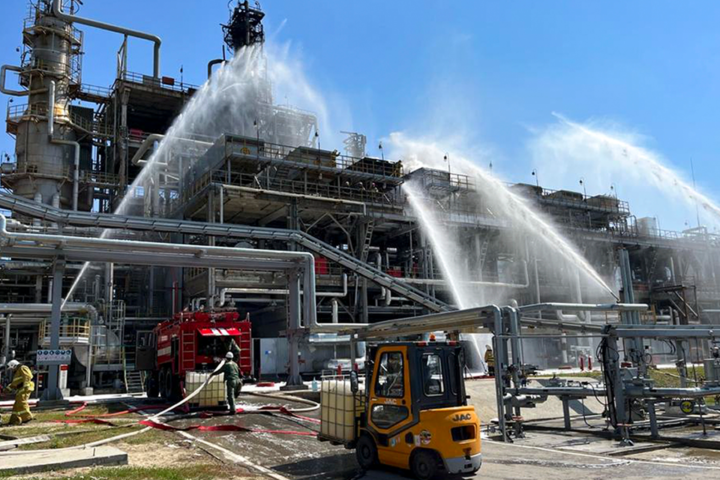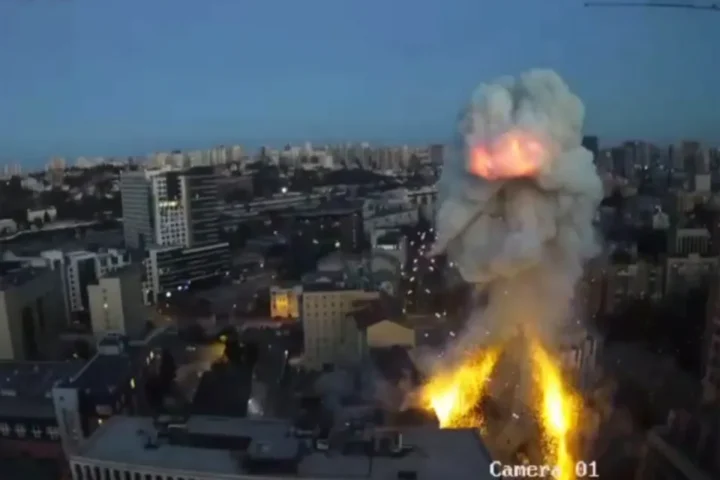Moldova has warned of intensifying Russian interference targeting its diaspora in Europe, just weeks ahead of a pivotal parliamentary election. The country’s national security advisor, Stanislav Secrieru, said Moscow is orchestrating a widespread disinformation campaign to manipulate the votes of Moldovan citizens living abroad.
Kremlin-linked network spreads fake news to suppress pro-European votes
According to Secrieru, Russia has ramped up its efforts to reach nearly 250,000 Moldovan voters across Europe, deploying fake media outlets and fabricated narratives. The campaign, he said, aims to suppress turnout among diaspora voters — who overwhelmingly support Moldova’s pro-European parties — and to deceive others into backing groups that only appear to support EU integration.
The tactics include mimicking the appearance and tone of legitimate European news platforms, spreading disinformation designed to sow confusion and distrust in Moldova’s democratic institutions. Secrieru highlighted the role of a Kremlin-backed influence network, known as “Matryoshka”, in coordinating these operations.
“The campaign is intended to demoralize voters abroad, discourage participation, and manipulate perceptions to favor a fake pro-European narrative,” he said. He warned that such tactics threaten both the legitimacy of the vote and the democratic path Moldova has pursued in recent years.
Past interference and possible repeat of disruptive tactics
The upcoming election on 28 September is seen as a key test for Moldova’s pro-Western government. In previous votes, Moldovans living abroad were instrumental in supporting President Maia Sandu, whose reformist agenda has faced stiff resistance from pro-Russian factions.
During last year’s elections, Russian efforts to interfere included offering financial incentives for votes in favor of opposition parties and spreading false claims to discredit the vote. A referendum on Moldova’s EU accession narrowly passed thanks to ballots cast from polling stations abroad.
Secrieru warned that Russia may again resort to disruptive measures — including bomb threats at foreign polling stations and staged protests — to create the illusion of public unrest and undermine voter confidence. “We must be ready for possible disruptions similar to those we’ve already seen,” he said.
Moldova urges stronger international response
Chisinau is now urging the international community, particularly the EU, to respond decisively to what it sees as a hybrid operation to derail its European integration. Moldova is calling for the development of robust international mechanisms to combat Russian fake media, protect diaspora communities, and ensure electoral transparency.
Secrieru stressed the need for coordinated monitoring and joint responses among EU member states to counter Moscow’s attempts to destabilize the region. “Russia’s goal is to return Moldova to its sphere of influence and block its path toward the EU,” he stated.
President Maia Sandu echoed that message last week, warning that the Kremlin is seeking to tighten control over Moldova from autumn onward by backing opposition forces and undermining democratic processes.
Coordinated EU countermeasures gaining momentum
The European Union has been supporting Moldova in building institutional resilience. Efforts have focused on strengthening cyber security, reinforcing election integrity, and bolstering resistance to foreign propaganda. EU officials stress that Moldova’s path toward European integration must be safeguarded from external manipulation.
Brussels is also working to harmonize its internal efforts across member states, improving surveillance of cross-border disinformation flows and tightening the response to Russian hybrid threats.
Moldova’s September elections are not just a domestic political test — they have become a strategic front in the wider battle for influence in Eastern Europe.










